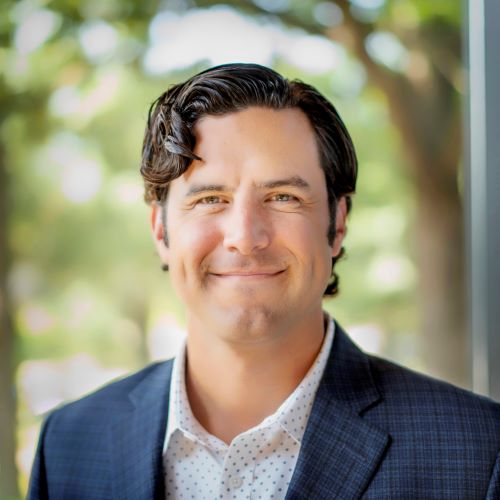Photo by Valeria Ushakova
Every congregation is learning how to be church in the 21st century. In the midst of a pandemic and essential social changes, many congregations are asking the most fundamental questions—how can we be church in these times? There are many logistical challenges congregations are facing right now as they learn to do things online and gather in socially distant ways. But the current circumstances have amplified some challenges we had before 2020 began. One of those challenges has to do with learning to be church in a “secular age”—a cultural moment when people are seeking to do and be good without necessarily involving God. This was a challenge before this year began, but now congregations are faced with questions about their identity that are even more front and center than they were before.
Luther Seminary is launching a learning community focused on addressing the challenges presented by trying to be church in a secular age. And what we are going to focus on is identifying where God is at work in our everyday lives and learn to tell stories about our encounters with the living Christ. Some congregations have learned to ask questions like, “What is God up to?”, but those questions can be hard to answer. We think there are some patterns in Scripture and theology that can help people build capacity to identify and name God’s activity.
Andrew Root has done a fair amount of work trying to describe this in several of his recent books, such as “Faith Formation in a Secular Age”, building off the work of other scholars. The pattern we want to help people in congregations begin to name are times in life when we have the chance to give of ourselves for the sake of others (like Jesus gave himself for us), make important relational connections with God and others through that self-giving experience, and feel a stronger connection to God as a result that transforms us in some way. This pattern: self-giving, relational connection, experiencing spiritual transformation, is one we see in the life of Jesus and his disciples.
We think we can help people see those same experiences in their own everyday lives as examples of God’s presence and activity in daily life. The more they can see that and name it, the easier it will be to share stories about how God is active with others. So our learning community will be focused on helping people try to notice this pattern of God’s presence in their lives.
Interested in this topic or participating in this learning community? Let us know you’re interested and apply here.



